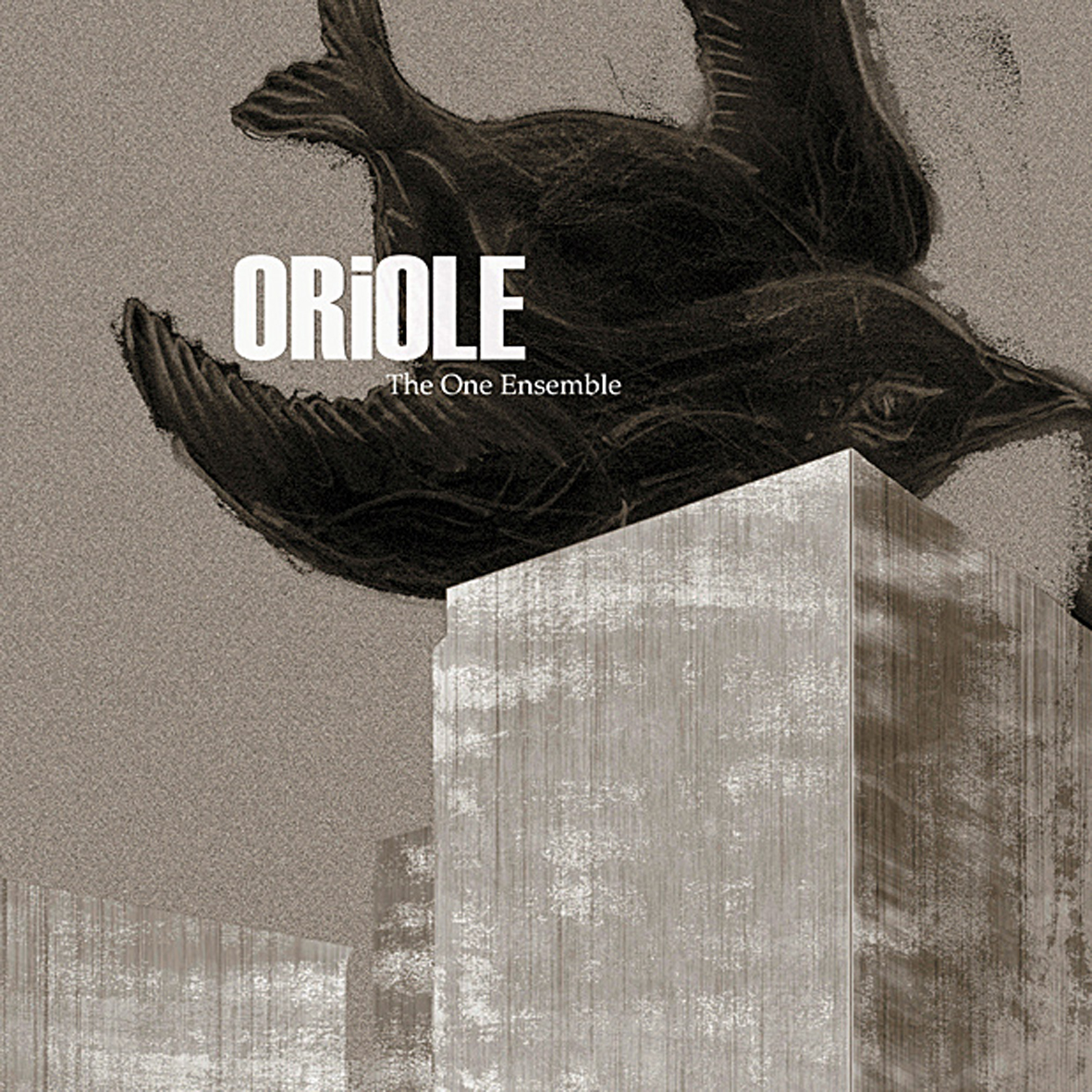 Daniel Padden has always been a prickly, inscrutable, and unpredictable artist, equally capable of visionary brilliance and perplexing, inaccessible indulgence.  This latest effort is an especially perverse and puzzling one, as Padden takes his long-standing fascination with English and Eastern European folk music into more accessible, song-like, and vocal-centric territory.  It is an intermittently successful experiment, but The One Ensemble's greatest talents definitely lie elsewhere.
Daniel Padden has always been a prickly, inscrutable, and unpredictable artist, equally capable of visionary brilliance and perplexing, inaccessible indulgence.  This latest effort is an especially perverse and puzzling one, as Padden takes his long-standing fascination with English and Eastern European folk music into more accessible, song-like, and vocal-centric territory.  It is an intermittently successful experiment, but The One Ensemble's greatest talents definitely lie elsewhere.
There are two things that I absolutely love about The One Ensemble: their ability to cohere into a lumbering, raggedly visceral juggernaut and their talent for combining beauty with savage dissonance (a feat perhaps best exemplified on Wayward the Fourth's "Horsehead Waltz").  Unfortunately, most of Oriole either lacks both of those elements, or employs them in fleeting, schizophrenic, or less-than-optimum ways.
The opening "The Farthest West" comes closest to capturing the band at their best, as it veers from truly lovely viola melodies to bludgeoning tango to a squealing, snarling viola freak-out over the course of its 7-minute length.  There is even an evocative and enigmatic chant interlude in the middle ("these are the mountains that will fall from the skies of Morocco").  It comes extremely close to being a great song, as all of the individual parts are quite striking and complement each other beautifully, but the tango motif is flogged a little too aggressively with too little development for my liking.
After that promising beginning, however, Oriole becomes something of an odd and uneven grab-bag, as the remaining five songs are a mixture of traditional (or faux-traditional) sea shanties, covers, and reprises of earlier material.  The main issue is that vocals tend to become the primary focus of a song, largely overshadowing the more compelling instrumentation beneath.  That would not be problematic if the songs were particularly strong, but that brings up yet another issue: Padden's song choices are not solid enough to carry an album.  The cover of Moondog's "Pigmy Pig" is a prime example: while the Eastern-European-drinking-song melody of piece certainly hits Padden's historic comfort zone, the repetitive and absurdist quasi-nursery rhyme lyrics very nearly drive me insane ("Pigmy Pig, how big you are, big as Pigmy Seal").
Also, there are not one, but two sea shanties on the album, which is quite a lot given that there are only six songs in total.  The dirge-like "Chicken on a Raft" is a traditional piece in which a sailor laments his weariness and love troubles over breakfast, while "Verdant le Coq" is a shrilly raucous and lurching sing-along.  Both of them thankfully erupt into something more eventually, but I cannot get around the fact that they are actual sea shanties, which is a genre that does not resonate with me at all.  I understand that the emotions at a song's core can transcend the actual words and that Daniel was trying to tap into something timeless, but I simply could not identify with those sea-faring folk on a real emotional level ("chicken on a raft on a Monday morning, oh what a terrible sight to see").  I do not particularly like eggs though ("chicken on a raft" means "egg on toast"), so maybe that piece will someday grow on me.
The album is rounded out by a couple of interesting misfires.  "Burning Must" revisits the churning "Gypsy dance" theme of Live at VPRO's "Mustard Mustard," but also periodically sounds like a locked-groove of Dexy's Midnight Runners trying their hand at dissonant Dischord-style art rock. "Oriole," on the other hand, is all over the place.  Some parts are great, particularly the point near the beginning where the viola and cello are furiously sawing away over something that sounds like a marching band attempting to replicate a busy signal with maximum force.  It has an extremely unconventional structure though, which I had a hard time embracing.  A few themes seem to repeat, but the transitions between the major key accordion sections, the indecipherable sung passages, and the darker, more string-heavy parts seem a bit sudden, arbitrary,  and confounding.  It reminds me a bit of over-achieving technical metal or prog rock bands who cram lots of abrupt changes and disparate sections into their songs to pointedly highlight their virtuosity and unwillingness to limit themselves to pedestrian song structures.  I wish it did not.
On a more positive note, Oriole still sounds like The One Ensemble, which is no small feat.  While the increased emphasis on vocals and the more singular embrace of folk traditions have certainly shifted the focus a bit, Padden and his compatriots remain as unique, impassioned, skillful, and anachronistic as ever.  I am quite curious about this album's genesis, as it feels much more like a one-off ("The One Ensemble make a deeply eccentric folk album!") or an odds-and-ends collection than a new, significant artistic statement.  As an album, Oriole is just not focused or coherent enough to measure up to the rest of the Ensemble's recent work.  There are certainly hints of greatness to be found, but they feel like they may have been released before they had a chance to fully grow and take shape.
 
Read More

